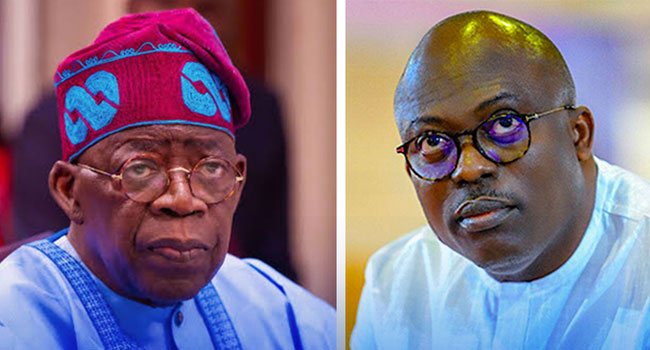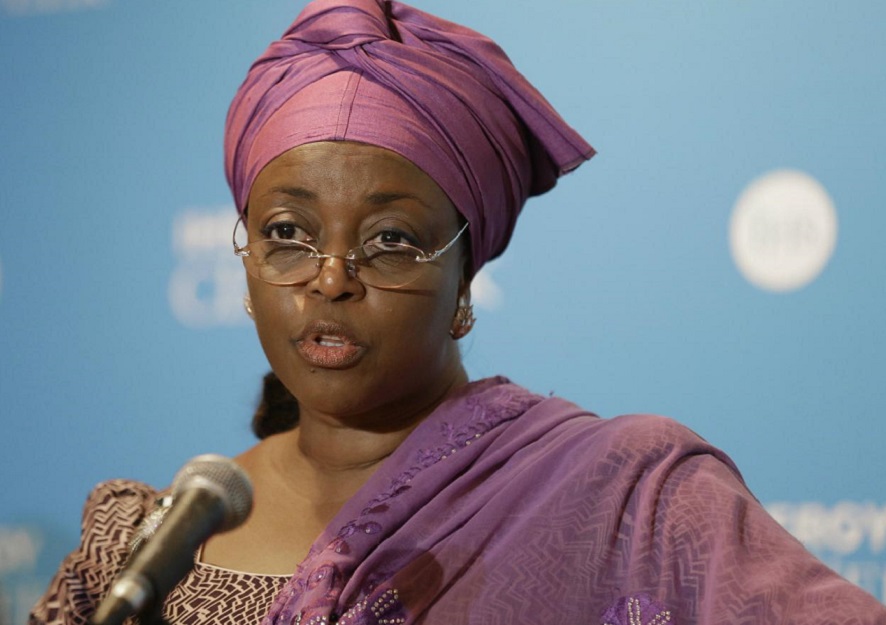In a move that could reshape Nigeria’s political landscape, 11 governors of the Peoples Democratic Party (PDP) have approached the Supreme Court to challenge President Bola Tinubu’s decision to suspend Rivers State Governor Siminalayi Fubara, as well as the declaration of a state of emergency in the state.
The suit, filed on Tuesday, questions the constitutionality of the President’s actions, particularly his power to suspend a democratically elected state structure. The governors, who represent various states including Adamawa, Enugu, Oyo, Bauchi, and others, seek judicial clarification on several legal grounds related to the power of the President to intervene in the governance of a state under the guise of a state of emergency.
The legal challenge, marked SC/CV/329/2025, urges the Supreme Court to determine whether the President’s suspension of Fubara, his deputy, and the entire state assembly is consistent with the 1999 Constitution. The plaintiffs argue that the President’s actions violate constitutional provisions on the autonomy of state governments and their elected officials, potentially undermining the principles of federalism.
In addition to the suspension of the Governor and the assembly, the PDP governors are also contesting the appointment of a sole administrator, Vice Admiral Ibok Ete Ibas (retd.), to oversee the affairs of Rivers State during the emergency rule.
The governors argue that such actions are unlawful and infringe upon the powers vested in state officials. The suit also criticizes the potential long-term implications of allowing the federal government to override state governance.
This suit comes after weeks of speculation over the political response to the suspension of Governor Fubara. The PDP governors are now calling on the Supreme Court to intervene, with the hope of resolving what they see as an overreach of executive power.
The case could have significant implications for the relationship between the federal government and state authorities, especially regarding the balance of power in Nigeria’s political system.
The respondents in the case are required to respond within 14 days of service.




